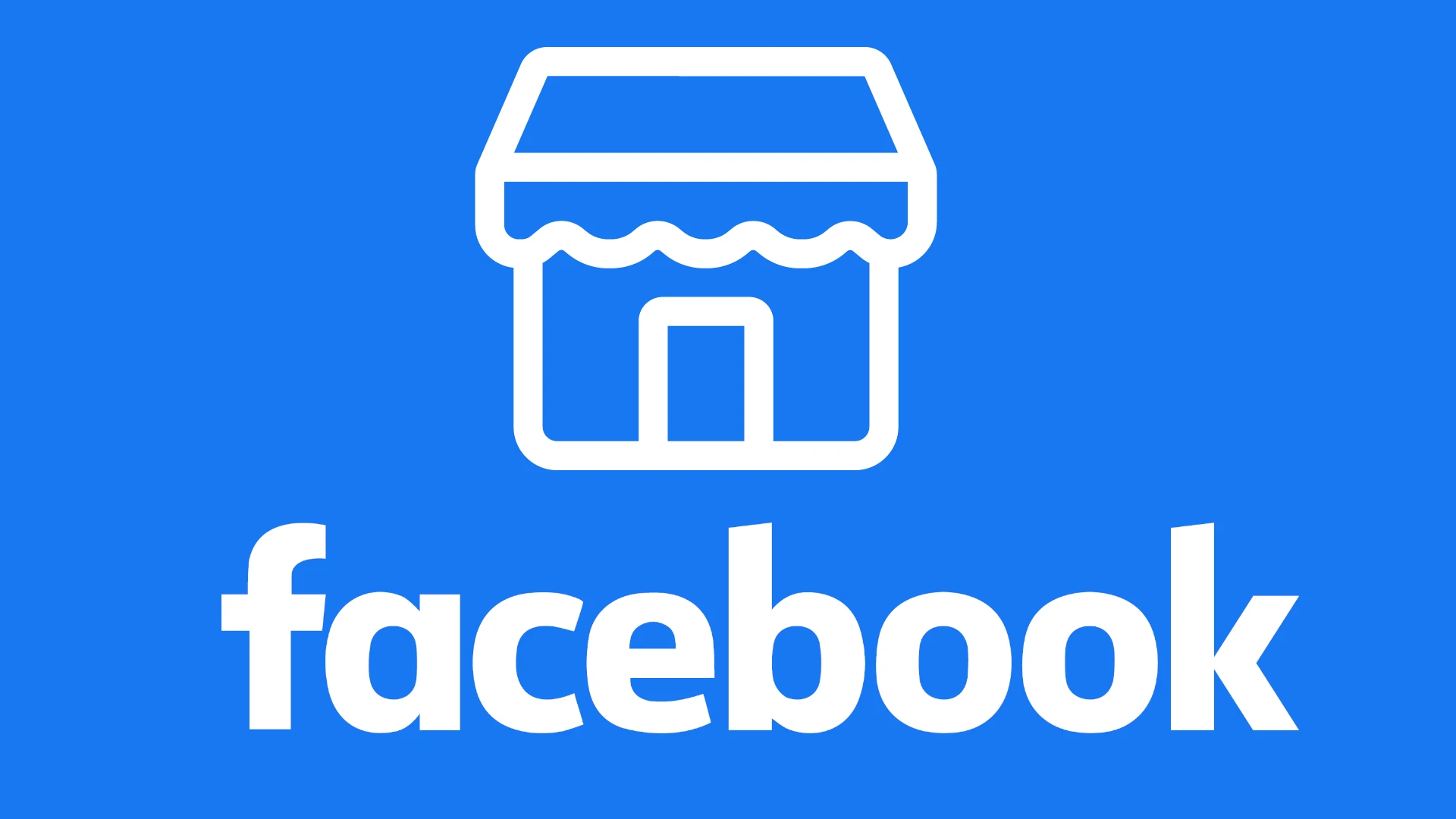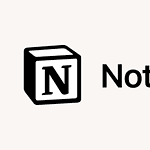Facebook Marketplace offers a convenient way to buy and sell items online. But it also attracts scammers looking to trick people out of their money. Knowing the common scams and how to spot them can help keep you safe when using this platform. Scammers prey on unsuspecting buyers and sellers, using a variety of tactics to steal money and personal information. Common scams include fake listings, overpayment scams, and phishing attempts. To stay safe, it’s crucial to meet in public places, inspect items carefully, and use secure payment methods. By being aware of these scams and taking precautions, you can protect yourself from becoming a victim.
Scammers use many tricks on Facebook Marketplace and they’re constantly changing, but familiarize yourself with the ones on this page so you have the most common (and trending) bases covered. Some ask for money upfront and never send the item. Others list fake rentals or try to overpay with bad checks. Car sale scams are also common. Scammers may fake vehicle reports or lie about a car’s condition.
Buyers and sellers both face risks. Sellers should watch for overpayment scams where “buyers” send too much money by mistake. Buyers need to be careful of fake listings, hidden fees, and requests to pay outside the platform. Being aware of these tactics is key to avoiding fraud.

Buyer Beware: Common Facebook Marketplace Scams
Scam #1: The Fake Listing
Many scammers create fake listings for items that don’t exist. They often use photos from other websites to make the listing look real. They may offer a popular item at a very low price to attract buyers. Once you send the money, the scammer disappears.
Scam #2: The Overpayment Scam
In this scam, the buyer sends you a check for more than the price of the item. They then ask you to send them the difference. The check is fake, and you lose the money you sent.
Scam #3: The “Damaged Goods” Scam
The seller sends you a damaged item or an item that is different from what you ordered. When you try to return it, they refuse or disappear.
Scam #4: The “Bait and Switch” Scam
The seller advertises one item but then tries to sell you a different item when you meet them. The other item is usually of lower quality or value.
Scam #5: The Phishing Scam
The scammer sends you a message that looks like it’s from Facebook Marketplace. The message may ask for your personal information or login credentials. If you click on the link in the message, you may be taken to a fake website that looks like Facebook Marketplace. This website may steal your information.
Scam #6: The Shipping Scam
The seller may offer to ship the item to you. They may ask you to pay for shipping or insurance. Once you pay, they disappear without sending the item.
Scam #7: The Escrow Scam
The scammer may ask you to use an escrow service to pay for the item. They may even recommend a specific escrow service. The escrow service is fake, and you will lose your money if you use it.
Scam #8: The “Too Good to Be True” Scam
If a deal seems too good to be true, it probably is. Be wary of items that are priced significantly lower than similar items on the marketplace.
Scam #9: The Zelle and Venmo Scams
Scammers often prefer payment methods like Zelle or Venmo because they offer less buyer protection than platforms like PayPal. Once you send money through these apps, it can be difficult to get it back if you’re scammed. Be wary of sellers who insist on using these methods, especially if they refuse to meet in person or offer alternative payment options.
Scam #10: The “Buyer” Scam
Not all scams target sellers. Some scammers pose as buyers to trick you into giving them personal information or access to your accounts. They may express interest in an item and then ask for your phone number or address under the guise of verifying your identity or arranging a meeting. They may even send you a fake verification code to gain access to your accounts.
Scam #11: The Google Voice Scam
In this scam, the “buyer” asks for your phone number to verify your identity. They then use your number to create a Google Voice account, which allows them to make calls and send texts using a different number. They will ask you for the verification code sent to your phone, giving them control of the new Google Voice number. This can be used for various scams and even identity theft.
Scam #12: The “Brother Pickup” Scam
This scam targets sellers. The “buyer” claims they are busy with work and will send a brother or other relative to pick up the item. They may offer to pay in advance through a method like Zelle or Venmo. Once you provide your address, the “brother” never shows up, and the “buyer” disappears with your money or item.
Scam #13: The Bank Scam
Some scammers may ask for your bank details to send you a payment. They may claim to need this information to deposit funds directly into your account. Never share your bank details with someone you don’t know and trust, especially on online platforms like Facebook Marketplace.
Scam #14: The “Busy with Work” Scam
This is a variation of the “Brother Pickup” scam. The “buyer” claims to be busy with work and unable to meet in person. They may offer to pay for shipping or send a courier to pick up the item. They may even send you a fake confirmation email or tracking number. Once you hand over the item or provide your address, they disappear.
Scam #15: The “Free Delivery” Scam
Scammers may offer free delivery to lure buyers. They may ask for your address to arrange delivery but never send the item. This is often used in conjunction with other scams, such as asking for payment through insecure methods or requesting personal information.
Scam #16: The “Car Deposit” Scam
This scam targets sellers of vehicles. The “buyer” may offer to pay a deposit to secure the vehicle, often through an insecure payment method. They may then ask you to hold the vehicle for them or even deliver it to them. Once you’ve accepted the deposit or handed over the vehicle, they disappear.
How to Avoid Facebook Marketplace Scams
| Tip | Description |
|---|---|
| Meet in a safe place | Meet the buyer or seller in a public place, such as a coffee shop or police station. |
| Inspect the item carefully | Before you buy an item, inspect it carefully to make sure it is what you expect. |
| Use a secure payment method | Use a secure payment method, such as PayPal or a credit card. |
| Don’t give out personal information | Don’t give out your personal information, such as your address or bank account number. |
| Be wary of deals that are too good to be true | If a deal seems too good to be true, it probably is. |
| Report scams to Facebook | If you think you have been scammed, report it to Facebook. |
Additional Tips to Avoid Scams
- Be wary of new accounts: Scammers often create new accounts to avoid detection. Be cautious when dealing with buyers or sellers who have recently joined Facebook or have limited activity on their profile.
- Check the seller’s profile: Look for reviews, ratings, and other information that can help you verify their legitimacy. Be wary of profiles with limited information or those that seem too good to be true.
- Trust your instincts: If something feels off about a transaction, don’t hesitate to walk away. It’s better to be safe than sorry.
- Report scams: If you encounter a scam or suspect someone is trying to scam you, report it to Facebook immediately. This can help protect other users from falling victim to the same scam.
Remember, staying vigilant and informed is the best way to protect yourself from scams on Facebook Marketplace. By following these tips and trusting your instincts, you can enjoy a safe and successful buying and selling experience.
Key Takeaways
- Facebook Marketplace scams target both buyers and sellers using various tricks
- Common scams include fake listings, advance payments, and overpayment schemes
- Staying alert and knowing the warning signs helps protect against Marketplace fraud
Understanding Facebook Marketplace Scams
Facebook Marketplace scams trick buyers and sellers. Scammers use fake listings, phishing, and payment tricks to steal money or personal info.
Common Facebook Marketplace Scams
Overpayment scams target sellers. A buyer sends too much money, then asks for a refund. The extra payment is fake, and the seller loses cash.
Shipping scams affect buyers. A seller asks for payment before shipping. Once paid, they vanish without sending the item.
Rental scams list fake homes. Scammers copy real listings and ask for deposits. Renters lose money on places that don’t exist.
Bait-and-switch scams show good items but deliver junk. Buyers get tricked into paying for low-quality goods.
Verification code scams steal accounts. Scammers ask for codes sent to your phone. They use these to take over your Facebook profile.
Identifying Scam Red Flags
Prices that seem too good to be true often are. Be wary of deals far below market value.
Unusual payment methods are risky. Avoid wire transfers, gift cards, or crypto. Stick to secure options like PayPal or Facebook Payments.
Scam messages often have poor spelling or grammar. They may use urgent language to rush you into a decision.
Sellers who won’t meet in person or show the item live might be hiding something. Always see items before buying, if possible.
Be careful with out-of-town buyers or sellers. Many scams involve fake shipping or payment issues from far away.
Preventive Measures to Protect Yourself
Staying safe on Facebook Marketplace requires smart choices and careful steps. Here are key ways to guard against scams and keep your money and info safe.
Secure Payment Methods
Use trusted payment apps for Marketplace deals. PayPal, Venmo, and Cash App offer buyer protection. Avoid wire transfers or gift cards – scammers often ask for these. Never send money before getting your item.
Be wary of sellers who want payment outside Facebook. This could be a red flag. If a deal seems too good, it probably is. Trust your gut and walk away if something feels off.
Check the seller’s profile before buying. Look for positive reviews and how long they’ve been on Facebook. New accounts with no history might be fake.
Safe Transaction Practices
Meet sellers in public places for in-person deals. Police stations, coffee shops, or busy areas are good choices. Bring a friend if possible. Never meet at your home or theirs.
For shipped items, only use Facebook’s system. It gives you a real tracking number. Be careful of fake tracking info from scammers.
Don’t share personal info like your address until you’re sure the deal is real. Use Facebook’s chat to talk to sellers. Be careful if they try to move talks off the platform.
Always check items before paying. Make sure they match the description and work properly. If something seems wrong, don’t buy it.
Actions to Take if Scammed
If you fall victim to a Facebook Marketplace scam, quick action is key. Reporting the incident and learning from it can help protect you and others in the future.
Reporting and Resolving Issues
Contact your bank right away if you sent money. They may be able to stop or reverse the payment. Save all messages and proof of the scam. Take screenshots of the listing and your chats with the seller.
Report the scammer to Facebook. Go to the listing and click “Report.” Pick “Scam” as the reason. Give details about what happened. Facebook will look into it and may remove the fake listing.
File a report with the police, especially for big losses. They might not solve your case, but it helps track crime patterns. Consider telling the Federal Trade Commission too. They fight scams across the U.S.
Learning from Experience
Think about how the scam worked. What tricks did the scammer use? This helps you spot future scams. Be extra careful with deals that seem too good to be true.
Update your online safety habits. Use strong passwords and turn on two-factor authentication for your accounts. Don’t share personal info or verification codes with anyone.
Be wary of requests to pay outside of Facebook or use gift cards. These are often signs of a scam. Stick to safe payment methods and meet in person when possible.
Tell friends and family about your experience. Your story can help others avoid similar scams. Stay informed about new scam tactics by following trusted consumer protection sources.







